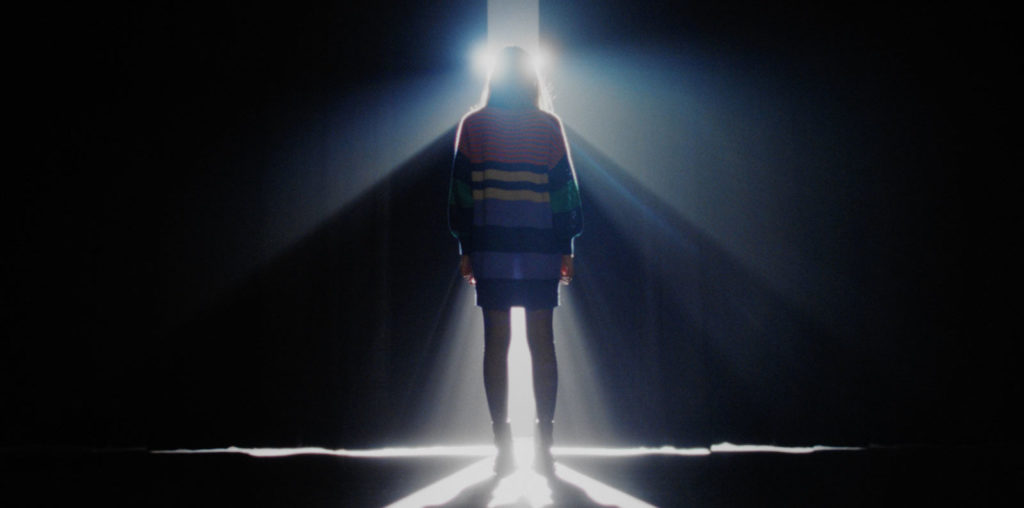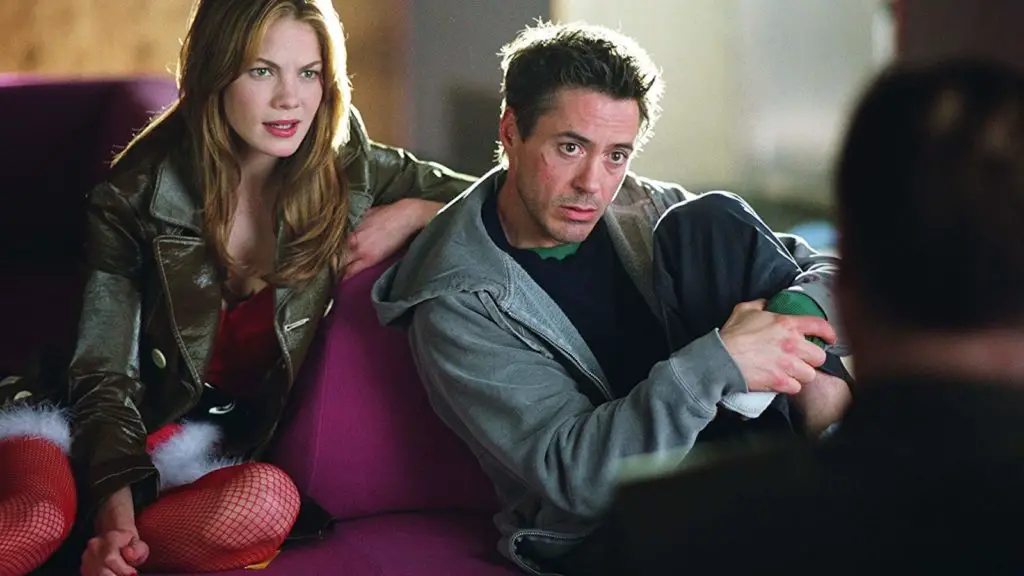
We all need something to keep us going through the day; faith, drugs, whatever. Too often when that something is as intangible as beliefs are, it can be easy to feel lost and dejected along the way. Certain acts, though, of kindness or of personal expression, can have a funny way of perpetuating themselves.
There was a French writer, Georges Bernanos, a one-time classmate of Gen. Charles de Gaulle. He was an important Roman Catholic writer who was very troubled in the last years of his life about the political events that led to World War II and his countrymen’s lack of spiritual renewal after the war. He died in 1948.
However, while alive, he wrote a novel considered by many to be a masterpiece: “Diary of a Country Priest.” A few years after Bernanos’ death, hallowed French director Robert Bresson adapted this book into what is considered one of the greatest films ever made about faith and how you act upon it in your daily life. This film tells the story of a young priest (Claude Laydu) sent to his first parish. Social inadequacies seem to prevent him from properly connecting with his congregation. Illness soon limits his ability to even perform his most basic duties. At a point when everything seems hopeless, he begins to question his beliefs, leading to a quietly powerful exploration of what faith means during the worst of times. The resulting work has provided inspiration to people of different faiths ever since.
One of those people was film buff Father John P. McNamee. Nearly ten years ago, he had already been ordained a Catholic priest for over 30 years and was deep into his own crisis of faith. He had long been in charge of and resided in St. Malachy’s parish, which included both a church and elementary school in inner-city Philadelphia. In such an area faith can often take a backseat to more basic survival needs. The never-ending poverty compounded with the demands and sometimes hypocrisy of his congregation began to wear heavily upon him. Taking inspiration from Bernanos and Bresson, Father Mac, as he is known, began to write his own book about his everyday struggles with his beliefs to find his way back to his faith. He called the book, “Diary of a City Priest.”
The Independent Television Service (ITVS) was established by Congress to develop programs, largely for public television, that “involve creative risks and address the needs of underserved audiences.” An adaptation of Father Mac’s book would seem to qualify. The man who would helm this movie, Eugene Martin, had his own personal connection to the project. Martin’s father had been a friend of the priest who had also christened the infant Eugene. Father McNamee welcomed the project with open arms. He had lengthy talks with David Morse, who portrays him in the film, and allowed interior shooting to take place inside St. Malachy’s, the actual setting from the book.
The results? Well, it’s kind of uneven. Scenes where some of the saints depicted in the church’s stained-glass windows come down in person to talk with Father Mac tend to fall flat. Martin’s film is far more focused on reflection and minor epiphanies than on plot, even more so than Bresson’s film, creating a somewhat languid picture. Still, the movie puts all of its weight into tackling the major questions about how you truly translate faith into action, and David Morse, always a great internal sort of character actor, is fantastic. This may not be the greatest film in the world, but it will make you think.
Maybe thirty or forty years down the line there will be some other priest stuck in some far flung third-world missionary who is having a rough time of it. He or she will be able to pick up Father McNamee’s book or a copy of this film and find the strength to pull out of their funk. If there is some kind of afterlife, then both Georges Bernanos and Father Mac will be able to look down at the Earth with a smile. Neither man may have had it easy in life, but at least they’ll know they each left a legacy that made a difference.

